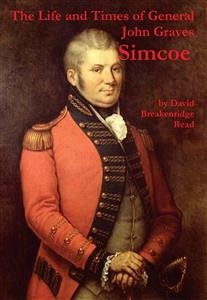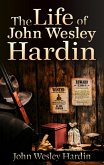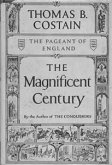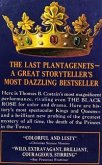John Graves Simcoe (1752 –1806) was a British army officer who saw action in the American Revolutionary War, in the Siege of Boston. During the siege, he purchased a captaincy in the grenadier company of the 40th Regiment of Foot. In 1777, Simcoe was given the command of the Queen's Rangers. He was the first Lieutenant Governor of Upper Canada from 1791 until 1796.
This is a well-written life of the first governor of the province of Upper Canada (Ontario), when it was established in 1792.
The author of this biography writes: "There never yet has been published a history of the life of General Simcoe, the first Governor of Upper Canada. The pioneers of the country and their descendants are entitled to be made acquainted with the officer who was first entrusted with the administration of their affairs, and was the real founder of the Province. In writing "The Life and Times of General Simcoe" I have endeavoured to recall the public acts of the first Governor of Upper Canada in his different capacities of citizen, soldier and administrator. His career as a soldier and officer of the " Queen's Rangers " during the Revolutionary War naturally demands attention. For much that I have written on that subject I am indebted to the Journal which he himself kept during the different campaigns of the War of Independence."
This is a well-written life of the first governor of the province of Upper Canada (Ontario), when it was established in 1792.
The author of this biography writes: "There never yet has been published a history of the life of General Simcoe, the first Governor of Upper Canada. The pioneers of the country and their descendants are entitled to be made acquainted with the officer who was first entrusted with the administration of their affairs, and was the real founder of the Province. In writing "The Life and Times of General Simcoe" I have endeavoured to recall the public acts of the first Governor of Upper Canada in his different capacities of citizen, soldier and administrator. His career as a soldier and officer of the " Queen's Rangers " during the Revolutionary War naturally demands attention. For much that I have written on that subject I am indebted to the Journal which he himself kept during the different campaigns of the War of Independence."









